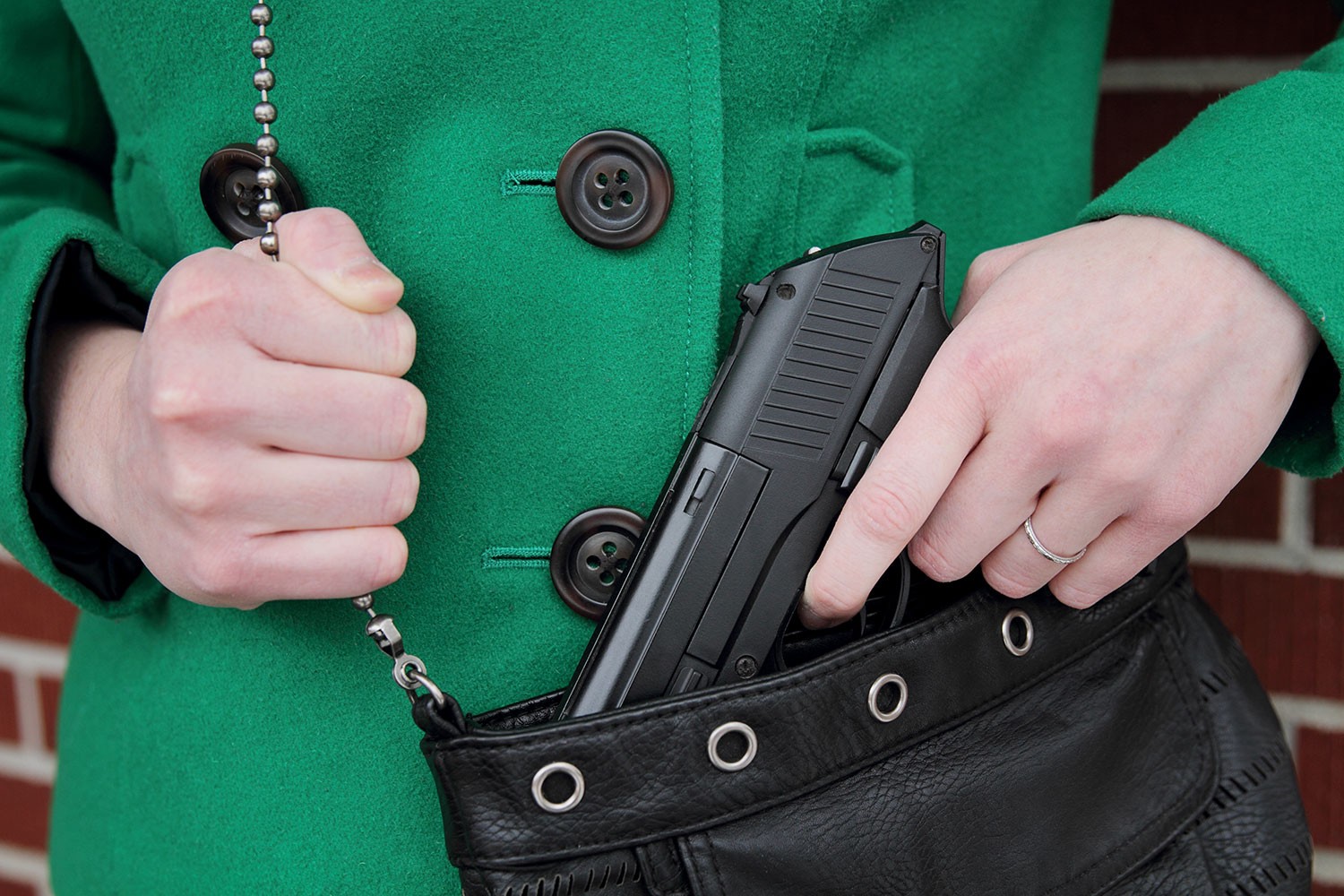Illinois’ concealed-carry law, which took effect in 2014, is among the strictest in the nation. In-state applicants have to take a 16-hour course (eight hours for honorably discharged veterans), and pay a $150 fee to the Illinois State Police. The law bans carrying a concealed weapon in a number of locations, directs increased mental health reporting requirements and allows local law enforcement to object to granting licenses to people they feel are a danger to themselves or others.
To clarify some ambiguities in the 2014 law raised by gun-rights groups, on July 10, 2015, Senate Bill 836 took effect and introduced the following new rules:
- The required privacy waiver applies only to personal records, such as criminal and psychiatric history, that have direct bearing on the applicants’ qualification to carry a concealed handgun.
- Individuals with “mild” developmental disability who otherwise meet the legal requirements may appeal a denial.
- The obligation of notifying a police officer during an investigative stop may be met by showing one’s permit.
- While state law still requires having a state-issued firearm owner’s identification (FOID) card to legally possess or purchase weapons and ammunition, individuals with concealed-carry permits no longer have to physically possess their FOID card and may present their permit to make said purchases.
As of the end of June, fewer than 121,000 people had Illinois concealed-carry permits and the total number of FOID card holders was 1.89 million.
Twenty-three other states honor Illinois’ concealed-carry permit. Illinois does not recognize out-of-state permits. Individuals in other states can get an Illinois concealed-carry permit at a cost of $300, after completing the course and passing the background check.
Illinois, like most states, is a “shall-issue” state, meaning permits must be approved if the applicant meets all the legal criteria. Eight states are “may-issue,” states, meaning that authorities can still deny permits to law-abiding citizens, in most cases requiring them to demonstrate a legitimate need to carry.
Several states, such as Alaska, Arizona, Vermont and Maine, do not require any permit for citizens to carry a handgun either concealed or openly.
For further details, please contact The Law Offices of Azita M. Mojarad, P.C.
